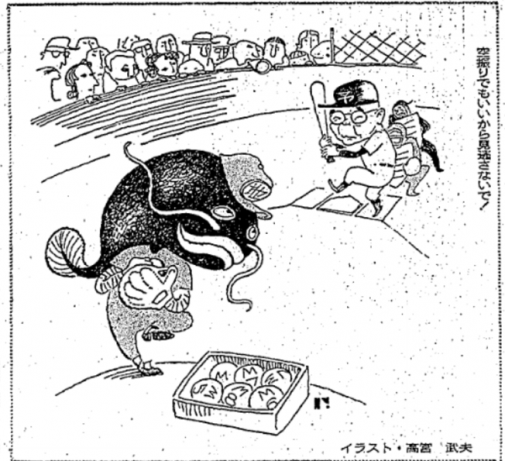Terminology of Uncertainties: Earthquake Prediction in (Modern) Japan
by Kerry Smith
By the mid-1970s, a good number of scientists in Japan, the United States, the Soviet Union, and China had come to believe that successful short-term earthquake prediction would soon be possible. In Japan, that belief found concrete expression in the form of the 1978 Large-Scale Earthquake Countermeasures Act. The Act gave national and local authorities the power to stop rail and road traffic, order the evacuation of public facilities, and restrict financial transactions, and make many other interventions in the daily lives of average citizens, once a government appointed panel of scientists announced that a destructive earthquake was imminent. The Act is unique among formal responses to seismic hazards in the modern era in that it takes the ability to make successful short-terms earthquake predictions as a given.
The proximate reason for the new law was the need to respond – somehow – to the looming threat of a Tōkai Earthquake. That threat had come into focus only in 1976, and at the time there were good reasons to think both that the earthquake could occur at any time, and that it would be massively destructive when it did. In light of the widespread optimism surrounding short-term earthquake prediction in the 1970s, given what was at stake and in the absence of any better ideas, there is a certain logic to the Japanese government’s decision to assume that scientists would know ahead of time when the Tōkai Earthquake was about to strike, and to construct a disaster prevention plan on that premise.
This glossary entry explores one of the rhetorical strategies that Japanese earth scientists used in 1978 to explain some of the uncertainties associated with short-term prediction to legislators. As the nation prepared for earthquake prediction’s evolution from theoretical possibility to a practice with real world implications, scientists turned to familiar images from the game of baseball for analogies to the decisions they would be called on to make as disaster experts. This contribution to the glossary will focus on the terms “空振り” (swing and miss) and “見送り” (watching a (good) pitch go by without swinging” to unpack some of the implications of this approach to accounting for uncertainty.

“Karakaburi de mo ii kara, minogasanai de!”
“A swing and a miss is fine. Don’t just watch it go by!”
Here“見逃す” (minogasu) replaces “見送る” but the meanings are the same.The batter is likely meant to be Hagiwara Takahiro. The “予” character on his hat references his role as chairman of the Jishin yochi renrakukaigi; it could also be a not too subtle nod to the Yomiuri Giants, Hagiwara’s favorite baseball team.) The pitcher is a namazu, the catfish often associated with seismicity in Japanese popular culture. The box at the pitcher’s feet contains baseballs labeled M5, M6, M7, and M8, representing the range of earthquake magnitudes of interest to the scientists and the nation.
Yomiuri shinbun, August 27, (1979): 25.
